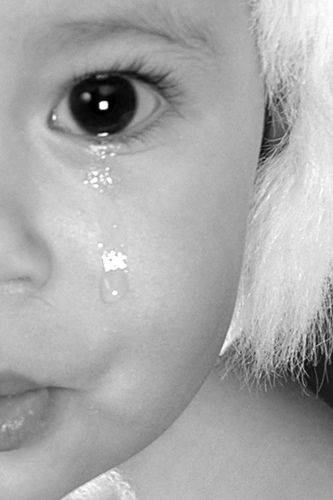Time heals what reason cannot. – Seneca
What does that mean?
“Be reasonable about it.” You’ve heard this before, I’d imagine. Something has happened, and you are upset. You eventually calm down and think through the problem.
Most of the time you can come to an understanding of what happened and reason prevails. Perhaps it wasn’t your fault, so you quit beating yourself up. Perhaps it was, and you find a way to make good on your mistake and find a way to prevent it from happening again.
This quote isn’t about those times. It is about the times when something has happened. You are upset, and there is no reason why. Time alone can heal this kind of wound, if you let it.
Why is time important?
Time, in this quote, is the one thing that can heal you. This is the only healing, besides faith, that is available when you can’t explain it, can’t change it or can’t stop it.
Accidents and injuries, they follow the laws of physics. Human stupidity, it follows it’s own path, but it can be understood with reason.
For me, death has been something that only time can heal. I know that reason can explain death. Heart attacks, Cancer, various other maladies and diseases. But in these cases, for me at least, the wound goes beyond what logic or reason can heal.
It seems to be part of human nature to hold tighter to the pleasant memories and let the bad ones slip away. This, I would guess, is at the heart of this saying. As time goes by, the hurt and pain diminish, and the happy and pleasant memories remain.
Where can I apply this in my life?
Where are your wounds? Where have you been hurt? Hurt in the places that reason cannot heal? For me, that is usually in the one place where reason does not exist, in the emotions.
It’s not pleasant, but think of a few of the wounds that that you haven’t been able to heal by reason. You don’t have to re-live them, just write them down. Next to each, write down why they are painful – what part of you is hurt, specifically. Then write down at least three, preferably more, happy memories associated with that wound.
To start with, try to remember each of the happy memories without remembering the bad. In my case, remembering my grandfather and the happy moments is the easiest, but I’m left with an empty feeling knowing that he is gone. But I am much better now than I was.
Any time you notice one of the bad memories surfacing, thank it for stopping by, and show it the door. Fill the vacancy with your list of pleasant memories, one after the other. As this becomes your normal response, the bad memories should come less often. At least it has for me.
I understand that this will not work directly with a crime of violence, or other instances without a pleasant memory. For most other wounds, it should work in a fairly straight forward manner.
While writing this blog, I was brought to tears several times, remembering people I have lost. Each one still hurts, but I let each one wash across me once, and then I put them away. Then I remembered a few pleasant memories for each, and finished with a smile.
Even a memory such as my ex still can be painful. But there were good times, it wasn’t all bad. And when the bad resurfaces, I give it a moment, then put it away. There are pleasant moments to be remembered.
For the times when there are no pleasant memories directly related to the wound (abuse or other crimes), I use memories after the fact as the pleasant memories to replace the pain. I think of the people who helped me and the people I have helped. People I wouldn’t have known otherwise, people I couldn’t have helped otherwise. These pleasant memories help to mute the other memories, and make the journey worthwhile.
All wounds will leave their mark, and some scars are more obvious than others. But the wound will never even begin to heal if you keep picking at it. Show yourself some compassion and kindness. Release the pain, remember the joy. Seek professional help, if needed. But always remember to keep on smiling.
From: Twitter, @mobilewashunit
confirmed at : http://www.quotes.net/quote/8609
Photo by ViV@MiViD@







